Why mastering the basics could be a lifelong project with the most upside
I have spoken with experts across many disciplines. From academia, martial arts, and Olympic skiing; from rock climbing, surfing, and special operations; from pistol shooting to precision long-range rifle competitors. Every single person mentioned “mastering the basics” or mastering the fundamentals. Universally the concept of fundamentals seems to be a human constant. So, let’s think about this and how it relates to your goals a little closer and why it seems like only the experts are saying it while the rest of us are always looking for the next trick or purchase to skip ahead on the path we’ve chosen to embark down.
Fundamentals equal Foundation
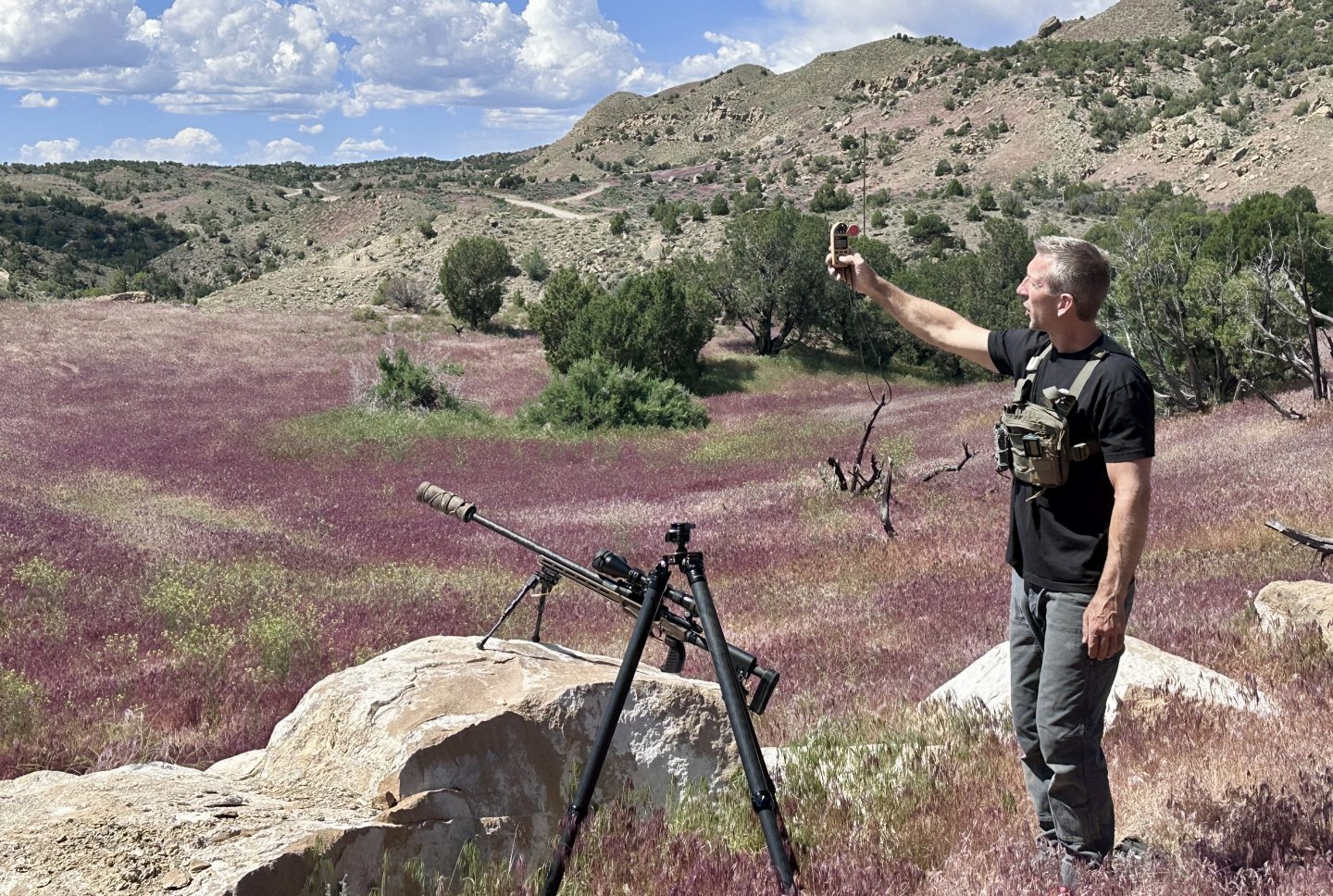
How do I feel about the statement “master the basics”? I think it is not so basic at all. Before we get into my thoughts I want you to ask yourself how you think about it. Do you agree? Is this a part of your training? Do you think you’re an exception to the rule? Or does the term basics turn you off because you identify with being elite?
I think these questions are very important to how we carry our thoughts forward. At least for myself, these questions stand out as important in how I view my own journey and that’s the only one I’m intimately familiar with so have to speak for myself.
Is the mindset of basics holding you back? Let me be honest with you, I have a hard time coming to terms with being a good shooter and working on what is referred to as basic. I screw up the basics a lot. The idea that someone brand new to an activity learns something I am still working on seems weird. Is the missing element something I can buy? Something that I can pass along in a secret note? A tip from someone who knows the secret?
The Trade Before the Tricks
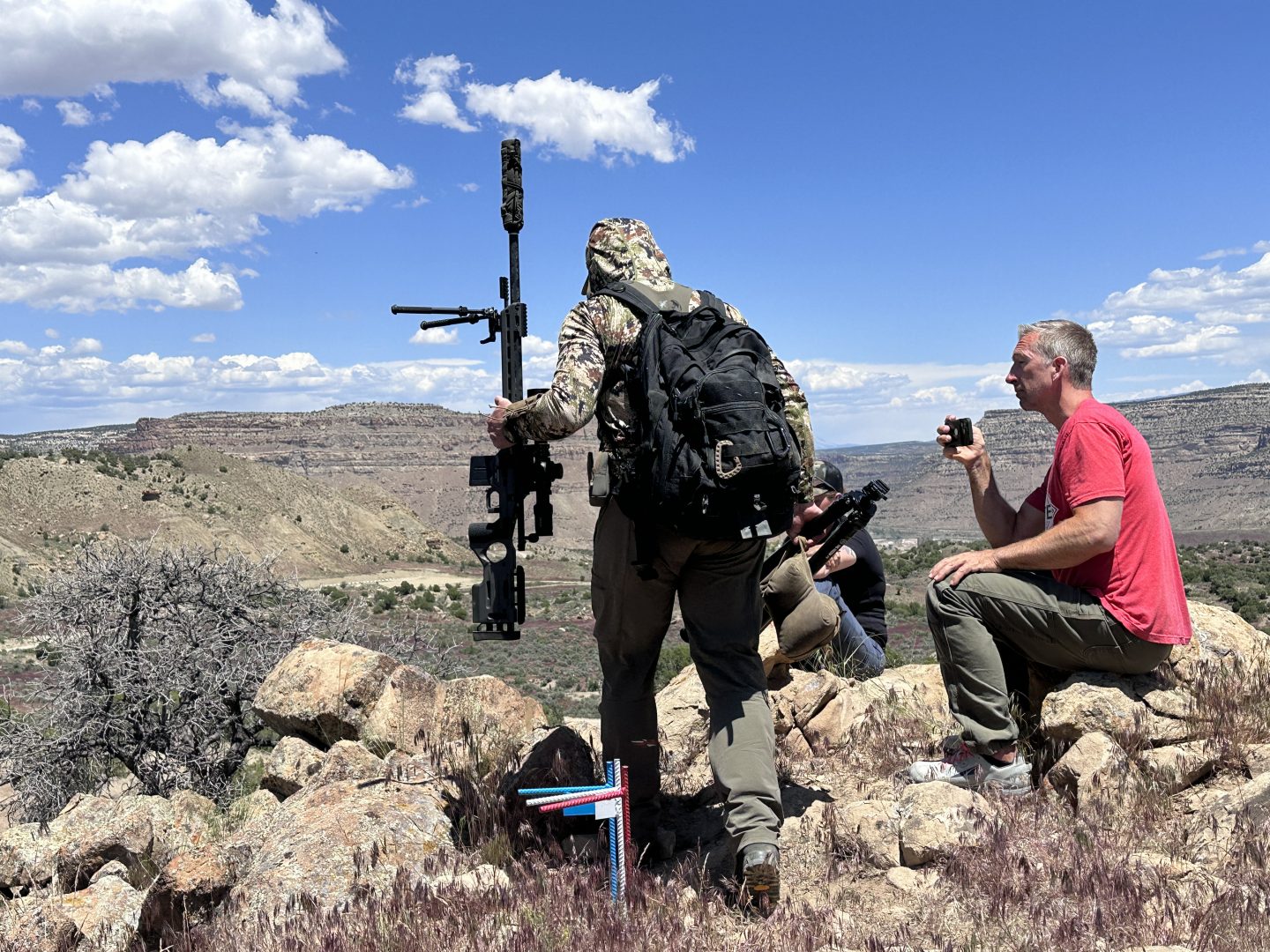
This leads me to the question “Are the basics basic”?
For me, it comes down to how it’s labeled. Therefore I suggest calling them foundational blocks. From a strong foundation we can build anything, but maintaining the foundation doesn’t hurt my ego when I screw them up like calling them basic.
Break it down Barney Style
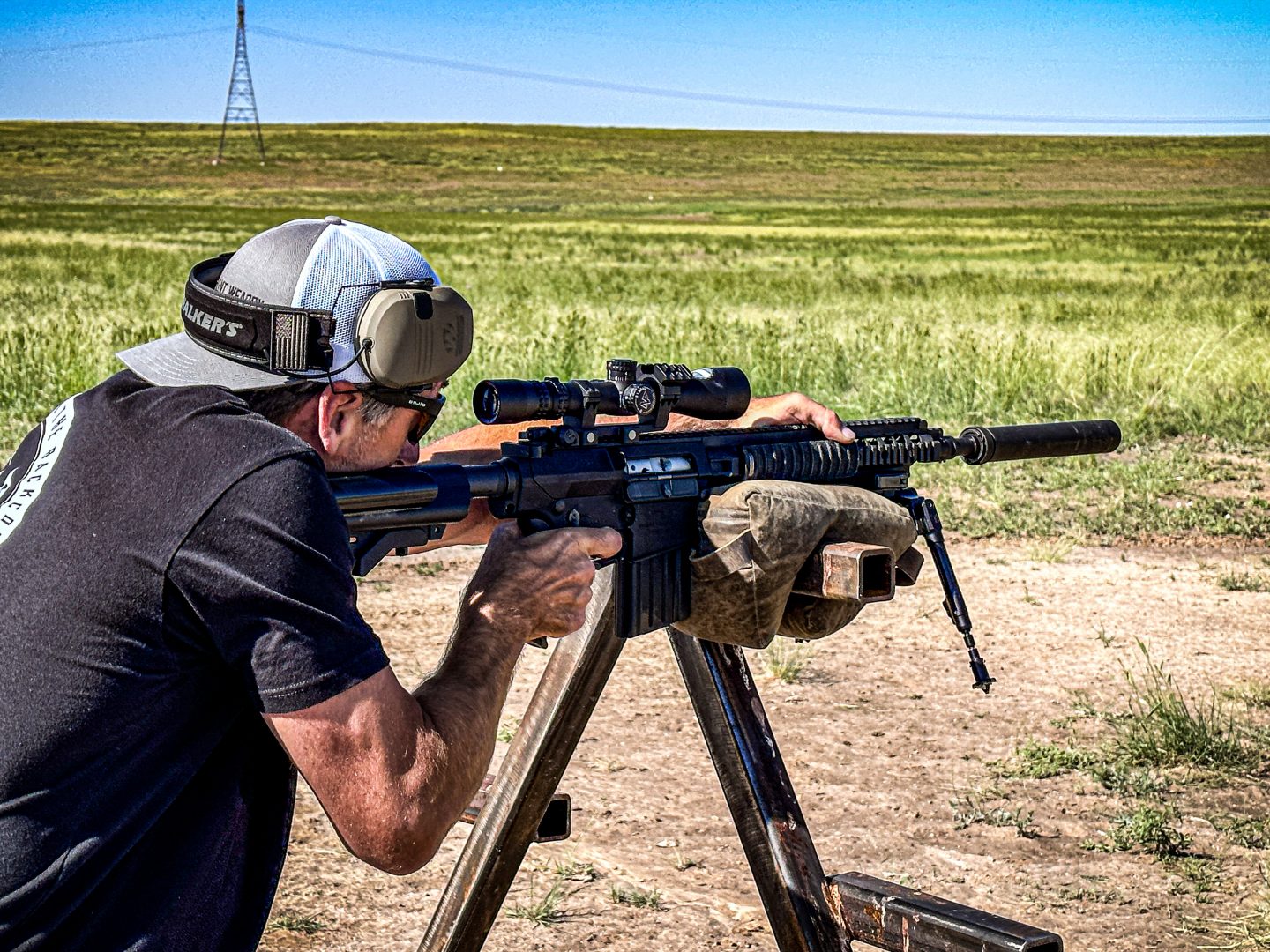
So, let’s look closer at what the rifle shooting world considers foundational elements and how these are always growing and creating a base from which we can build more and stack other blocks higher.
I think the following are foundational elements in no particular order:
- Equipment familiarity
- Sight picture/alignment
- Trigger control/nervous vs. mental control
- Inputs and outputs
- Recoil management
- Follow-through
- Efficiency
- Decision making
The Process
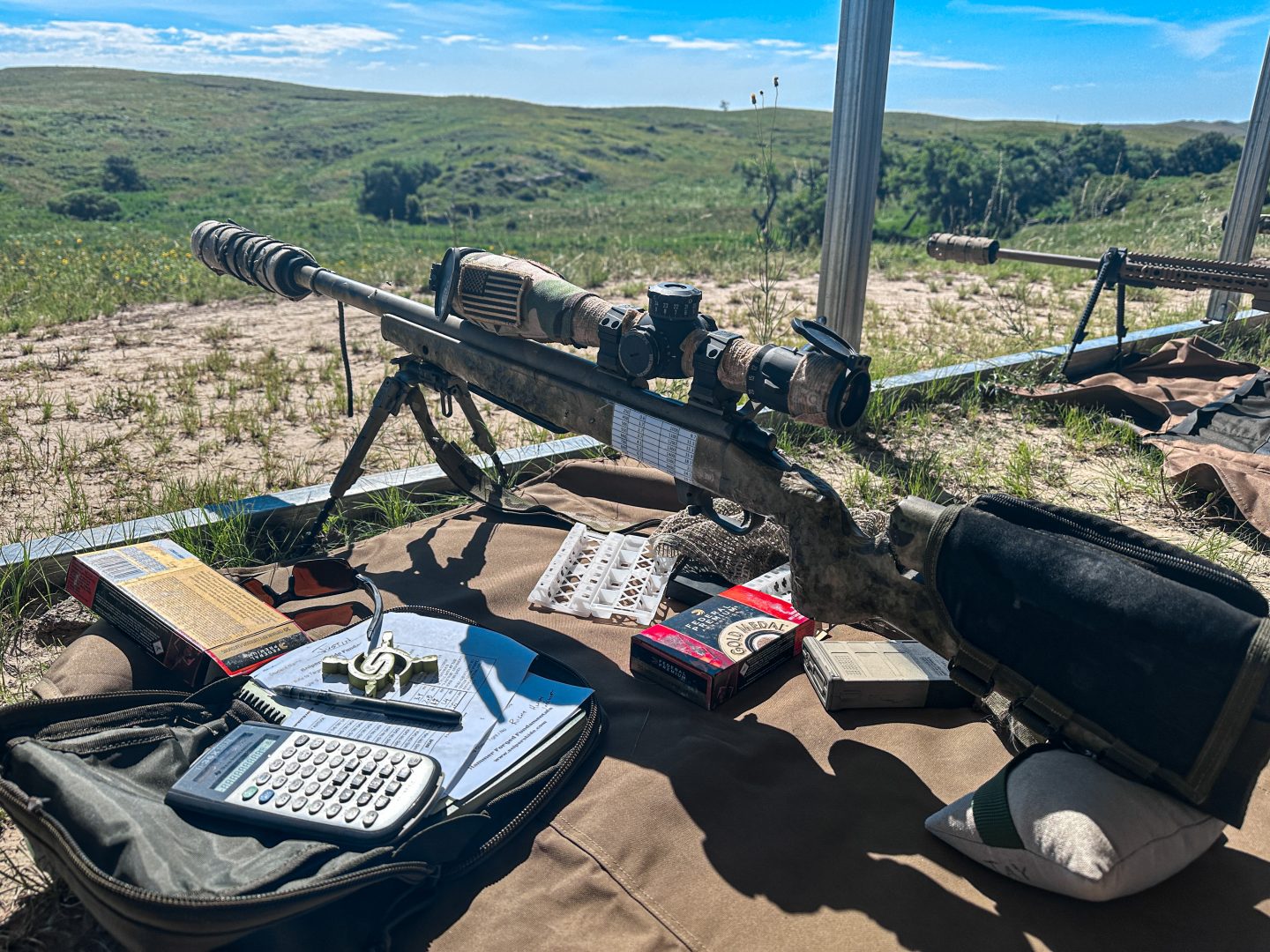
Let me explain each briefly and why I think it’s foundational and ever-developing.
- How familiar you are with your equipment plays a huge role in your ability to effectively manage it and utilize it in an application. The world’s best tool will not be fully actualized in the hands of someone unfamiliar with it than someone who is. I can’t play violin and yet there are violins that are worth millions of dollars because of how well they can be played by someone with the skills to do so. The more familiar you are with the specific tools the better you are able to realize the aspects unique to that tool. I do believe that the man with one rifle could truly have a higher potential for expressing its capabilities than someone familiar with every rifle simply due to specialization. You know your applications and interests, so I think that whatever tools you own make sure that getting more familiar with what they can do and what you can do with them is part of “time on task”.
- Sight picture always seemed so basic and obvious to me that I have many times blown it off when thinking about baseline training and building blocks of skill. Currently, I do not believe that it is as obvious as I had thought. Why? Sight picture can show you your NPA, it can show you your parallax, it can reduce your margin of error by more than the system error, and it can be a skill through which you get some of the most “high level” skills to apply into your hit percentage. I know this is a building block article, but I believe that sight picture is as much of a baseline as any of the other fundamentals and if someone neglects it they will have a reduced hit percentage as a result.
- Trigger control is a fascinating element in shooting. Not only can trigger control influence your group, but it can be an indicator of your mental and neurological state. I will have to write an article about these individually, but trigger control is a big deal.
- Inputs and outputs are going to be a lifelong study that requires a perspective shift for most. I think that this building block is very subtle and can only be built out of time on task. I also think that shooting paper is the best way to explore these interactions between the shooter and their system.
- Recoil management is something we all have to deal with and know how to solve. The method depends on the system and the situation, but I will write an article about this because I think it’s deep and often interpreted differently from how I see it.
- Follow-through is a glimpse at the mind of the shooter.
- Efficiency can literally change the course of the day. How a shooter deals with equipment, movement, transitions, and operation of equipment has to be built, reviewed, reflected on, and coached. The best shooters that I coach are usually working on efficiency at least 50% of the time if that says anything.
- Decision-making is what I find the heart of using your rifle system. Who, What, Why, When, Where is a consideration every time you pull the trigger. The better the shooter I believe the better the decision maker; by better I mean well-rounded, most versatile.
Be the Fanatic
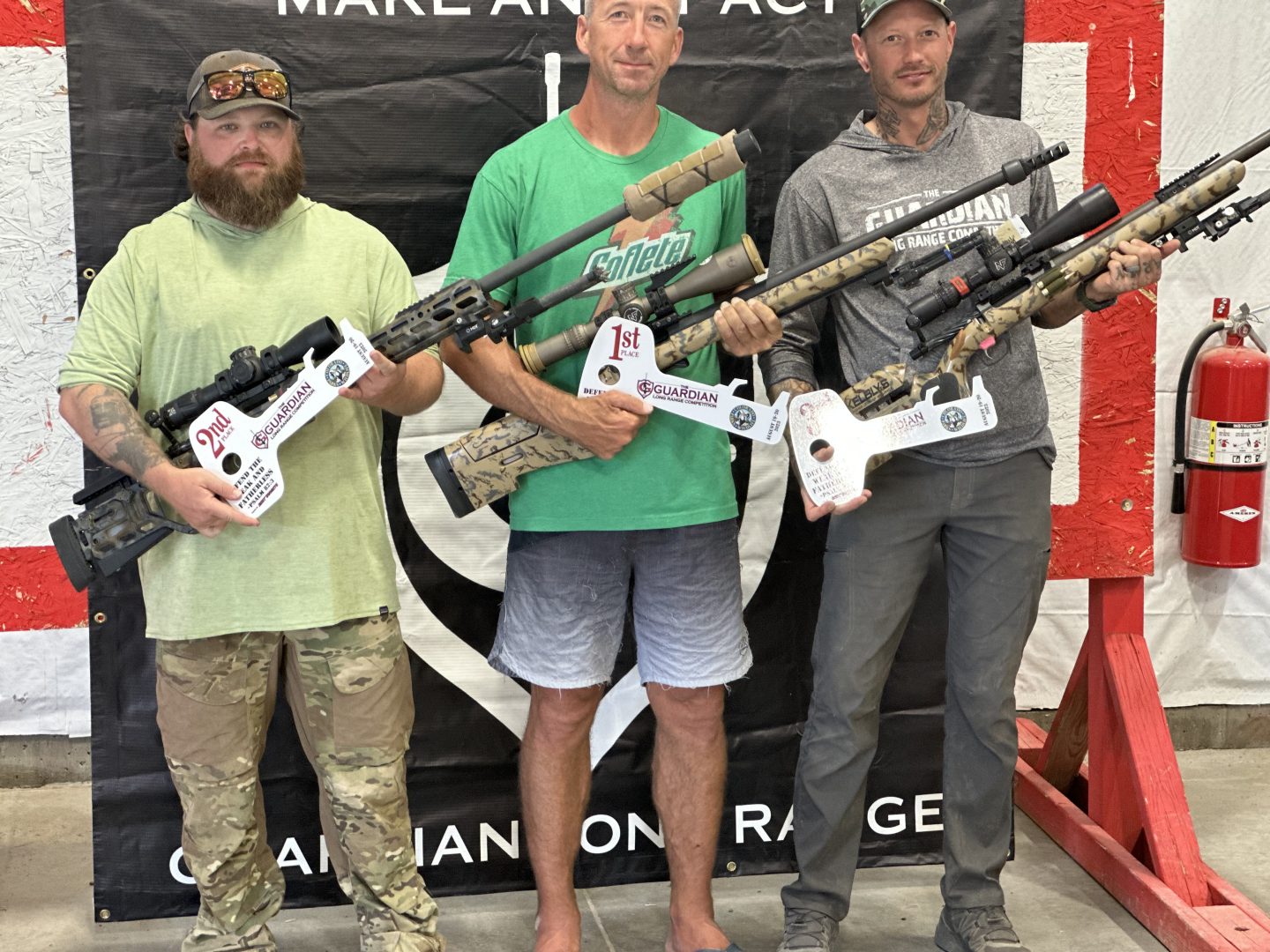
Hopefully, this gets you thinking and writing down thoughts, arguments, and additions/subtractions.
I would love to hear what you think about this and how it might be digested and incorporated into your shooting. Use the Sniper’s Hide Forum to drive discussion. We have several threads featuring Riflekraft Related Topics.
Related Topics from Chris Way

